WASHINGTON, D.C. (DC News Now) – Thousands of Washington, D.C., residents may soon lose access to health insurance as Medicaid cuts are set to take effect, potentially as early as October 1. The changes stem from a combination of local budget reductions and federal funding cuts to programs that serve low-income individuals and people with disabilities.
Thousands Face Coverage Loss
According to recent estimates, more than 25,000 people in the District will be shifted from Medicaid to a more limited basic health care plan provided by the city. In addition, revisions to the D.C. Healthcare Alliance Program could affect nearly 30,000 adults, many of whom are undocumented immigrants who do not qualify for Medicaid or Medicare.
For those impacted, the consequences could be devastating. Losing full Medicaid coverage means reduced access to preventative care, specialists, and critical treatments.
Expert Warnings
Health policy experts say the cuts will ripple far beyond individual families. Leighton Ku, Director of the Center for Health Policy Research at George Washington University, underscored the risks:
“People who lose coverage are more likely to have untreated illnesses,” Ku said. “The result is poorer health outcomes, higher medical costs over time, and increased strain on emergency rooms.”
Ku also warned of broader economic impacts. Hospitals, particularly those serving lower-income areas, could face job cuts, revenue declines, and fewer resources to meet community needs.
Hospitals and Clinics at Risk
One facility flagged as particularly vulnerable is the Cedar Hill Regional Medical Center in Southeast D.C., which is slated to open soon. Advocates fear that funding shortfalls will hamper the new hospital’s ability to provide care to residents in some of the city’s poorest neighborhoods.
Community clinics, which often rely heavily on Medicaid reimbursements, could also face reduced capacity, further limiting access to care in underserved areas.
Vulnerable Communities Hit Hardest
The impending cuts are expected to disproportionately impact low-income families, seniors, people with disabilities, and immigrant populations. Many residents already struggle with the high cost of living in D.C., and losing comprehensive coverage could force them to choose between medical care, rent, and food.
Advocates also note that the changes will make it more difficult for undocumented immigrants to access affordable care. While the D.C. Healthcare Alliance Program will remain an option, its benefits are narrower than Medicaid, and additional restrictions could create new barriers.
Protests and Pushback
News of the cuts has sparked alarm and criticism across the city. Community groups and advocacy organizations argue that reducing health coverage in the midst of rising medical costs and ongoing economic uncertainty will have devastating effects.
Residents have already staged protests, with some pointing out that D.C. is simultaneously allocating funds for expanded federal policing while cutting essential health services. “We should be investing in keeping people healthy, not putting more officers on the streets,” one protester said.
Transition Plans Raise Questions
City officials maintain that residents transitioning from Medicaid to the basic health plan will still have access to core medical services. However, health advocates warn that the shift represents a downgrade in coverage, leaving patients with fewer options for specialized care.
Critics also question whether the city’s health care infrastructure is prepared to absorb tens of thousands of people shifting between programs in such a short time frame.
A System Under Pressure
The Medicaid reductions are part of a broader challenge facing health care systems nationwide, as states grapple with shrinking federal support and rising costs. For D.C., a city with stark income inequality, the stakes are especially high.
“This is about more than just numbers on a spreadsheet,” Ku said. “It’s about real people—families, seniors, and children—who will be left without the security of knowing they can see a doctor when they need to.”
Looking Ahead
Unless policymakers intervene, the cuts will go into effect October 1, setting off a chain reaction that could reshape health care access in the District. Advocates continue to push for solutions that protect vulnerable populations, warning that the long-term costs of reduced coverage—both financial and human—will far outweigh short-term budget savings.
For now, thousands of D.C. residents wait anxiously to see how the changes will affect their ability to access care, while health care providers brace for a surge in demand and fewer resources to meet it.

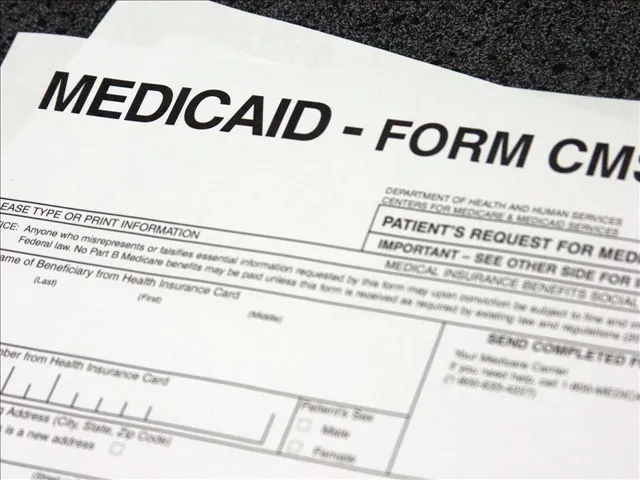



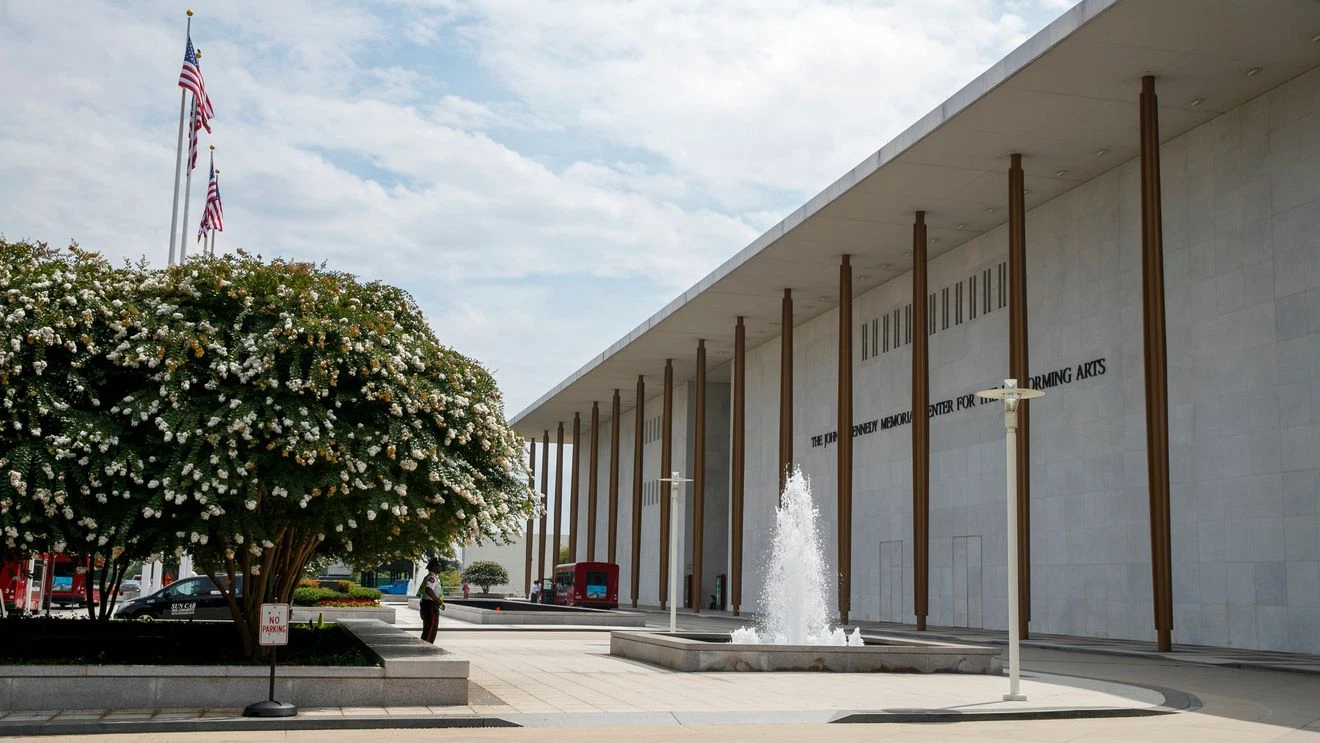
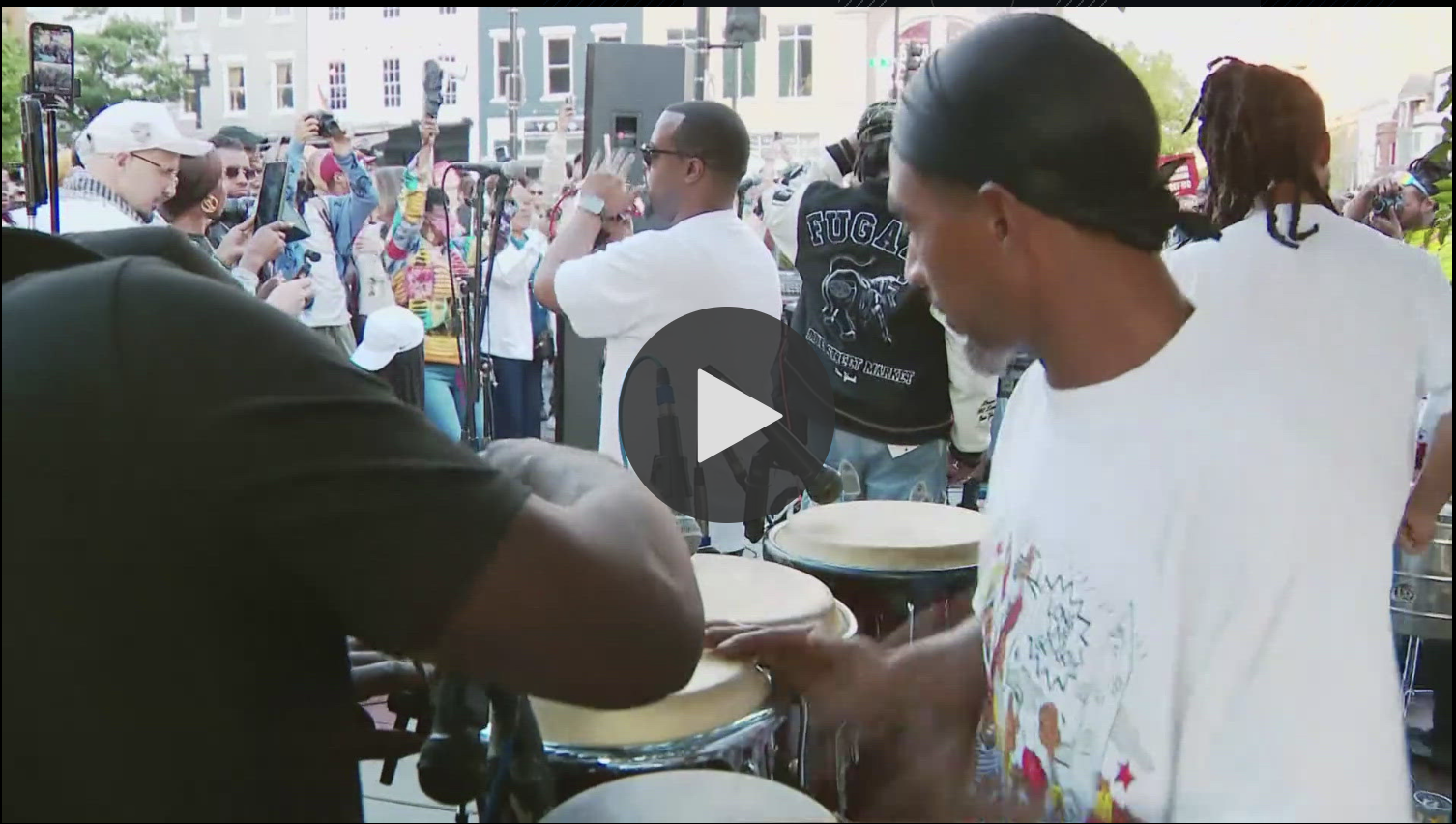
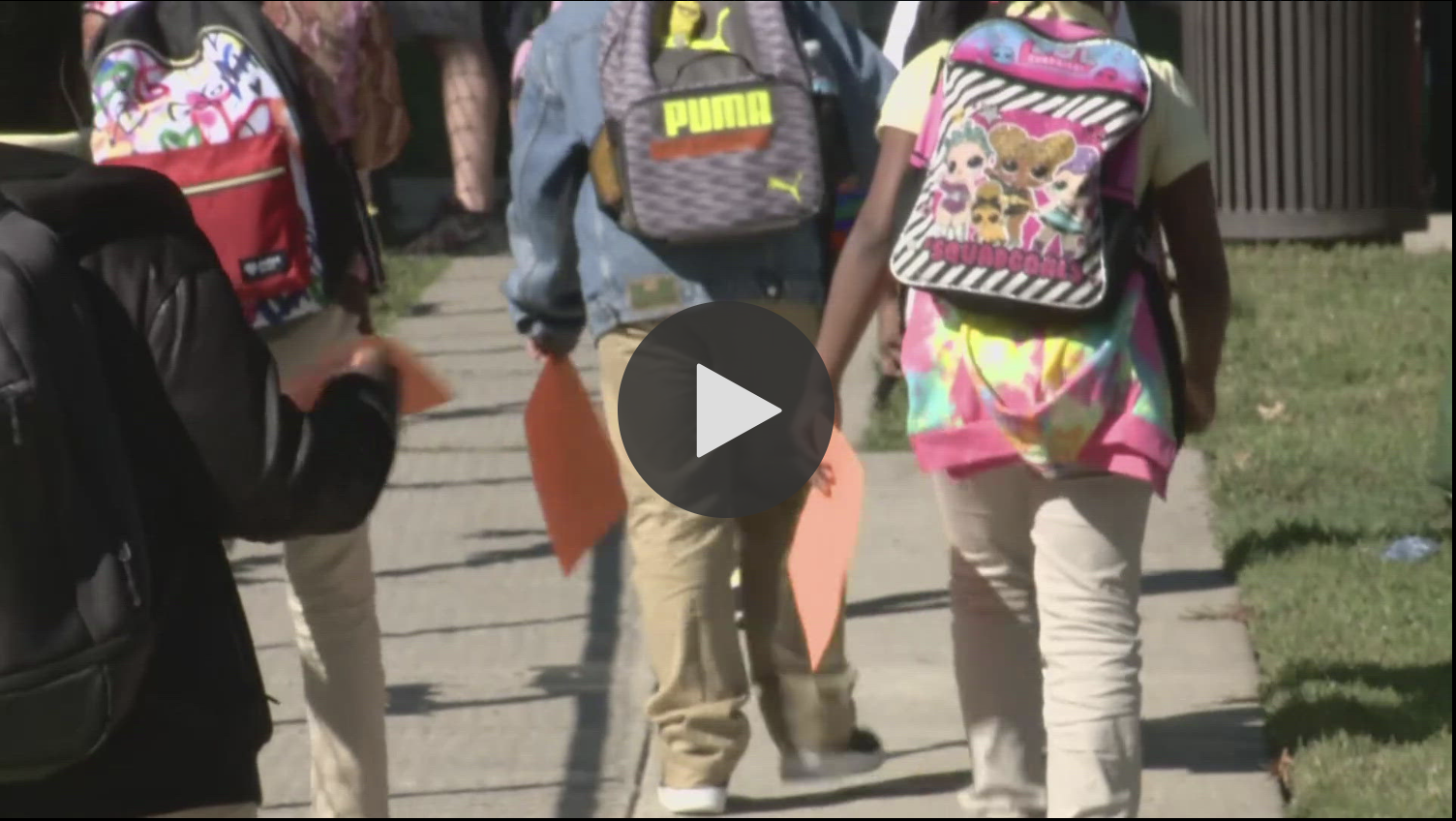

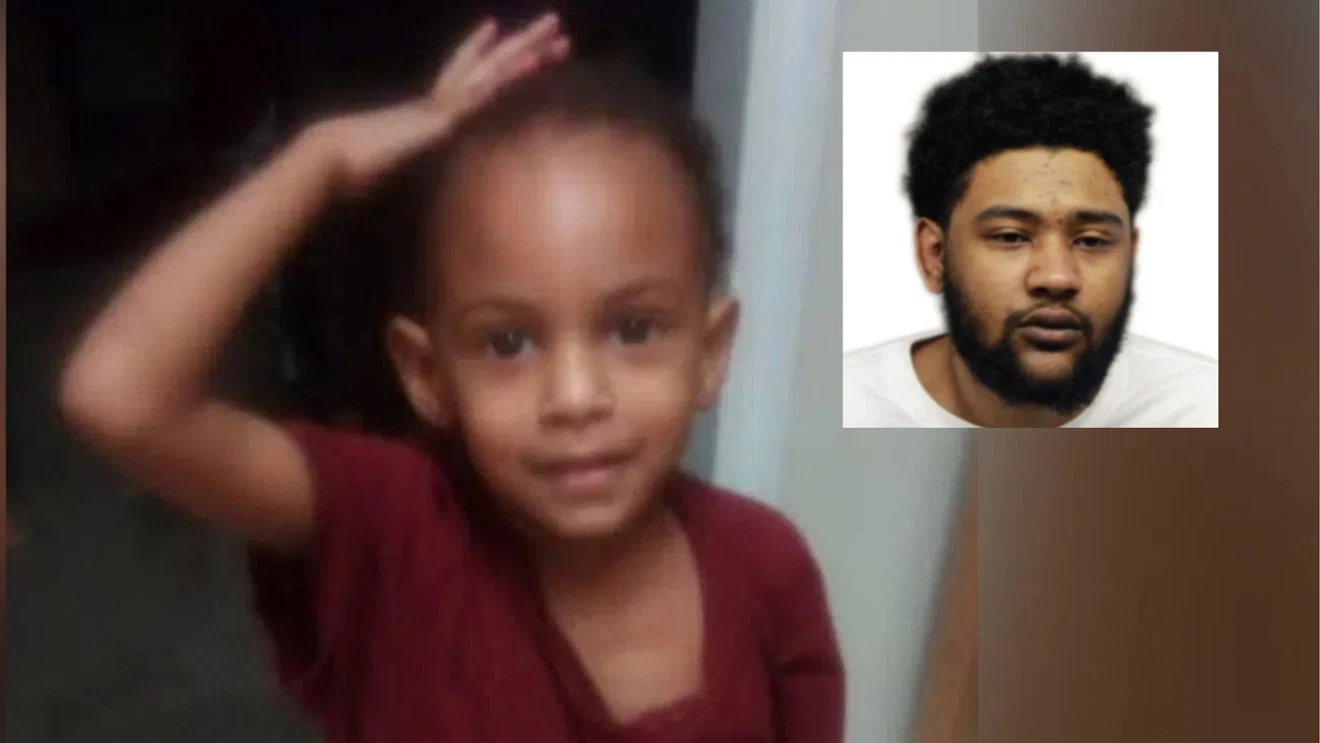
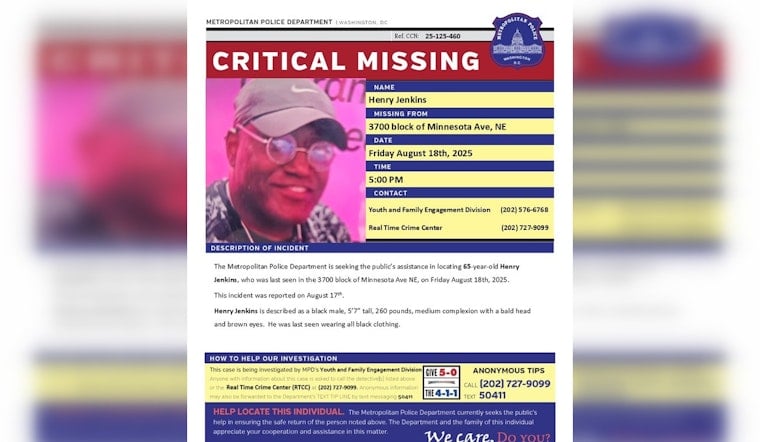
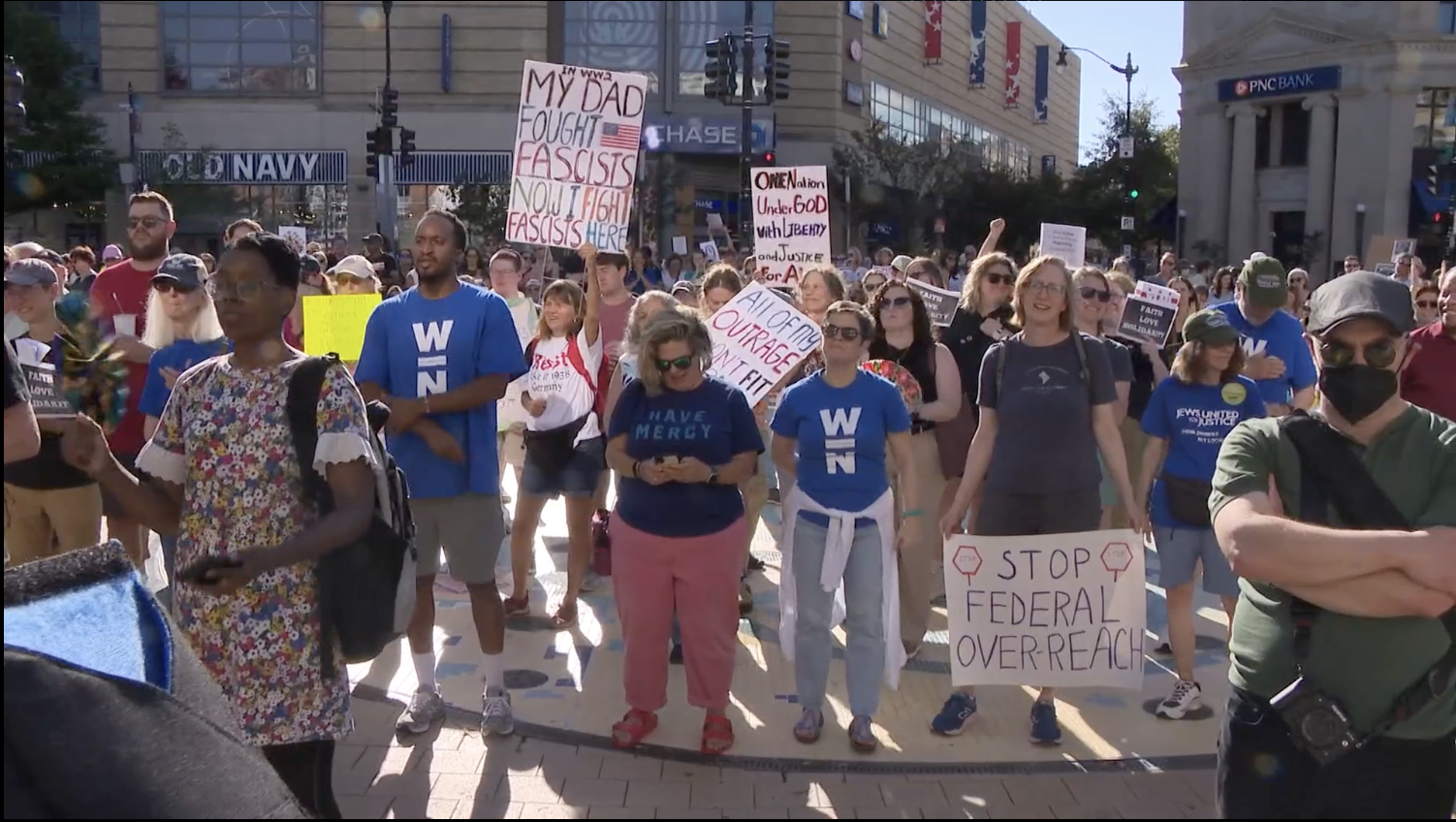
Leave a Reply